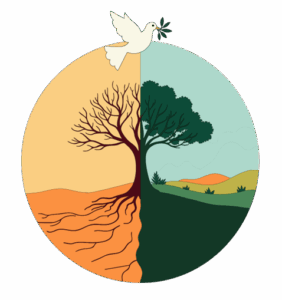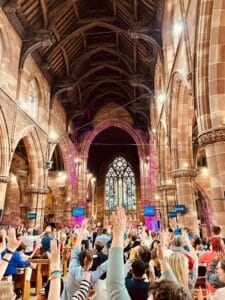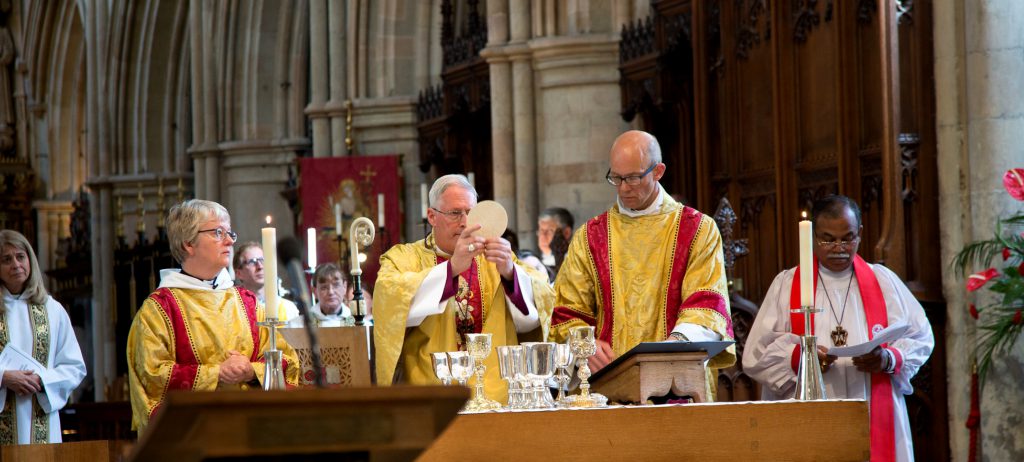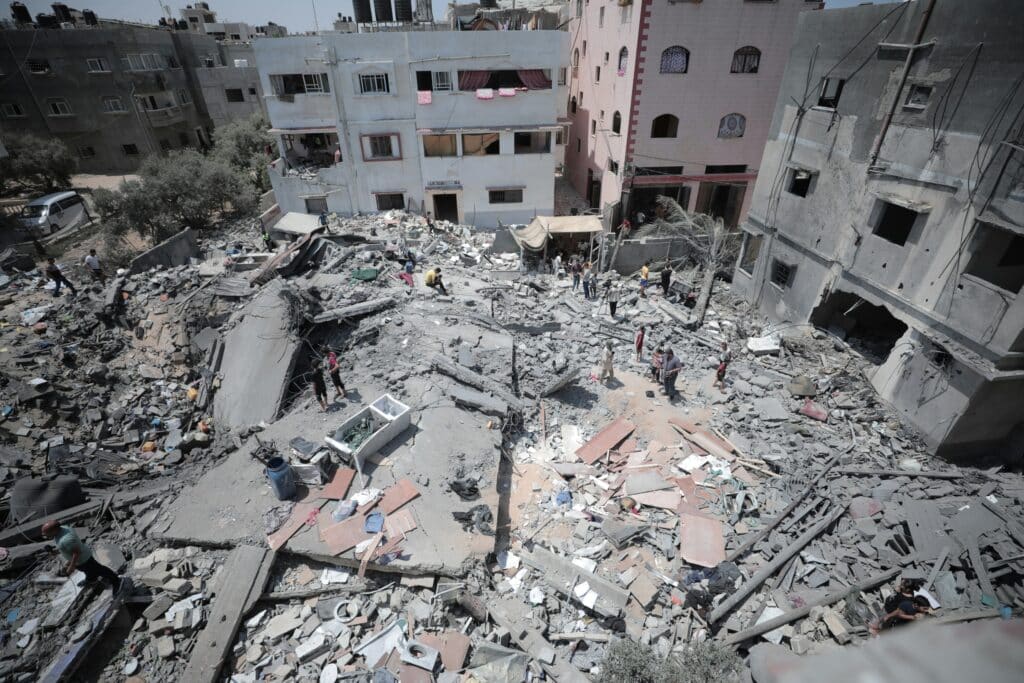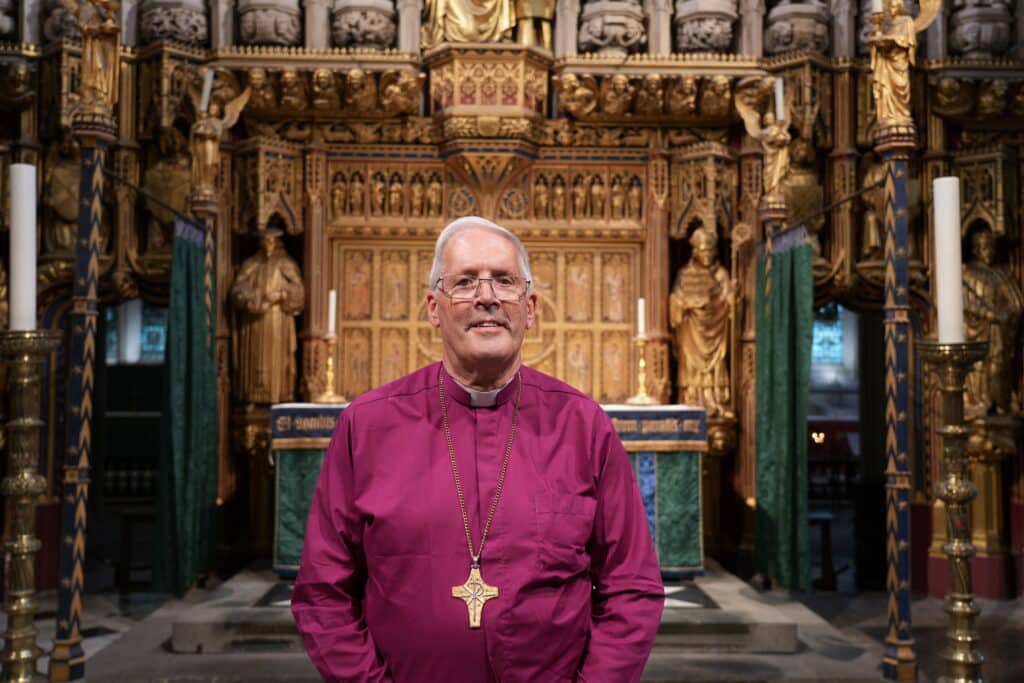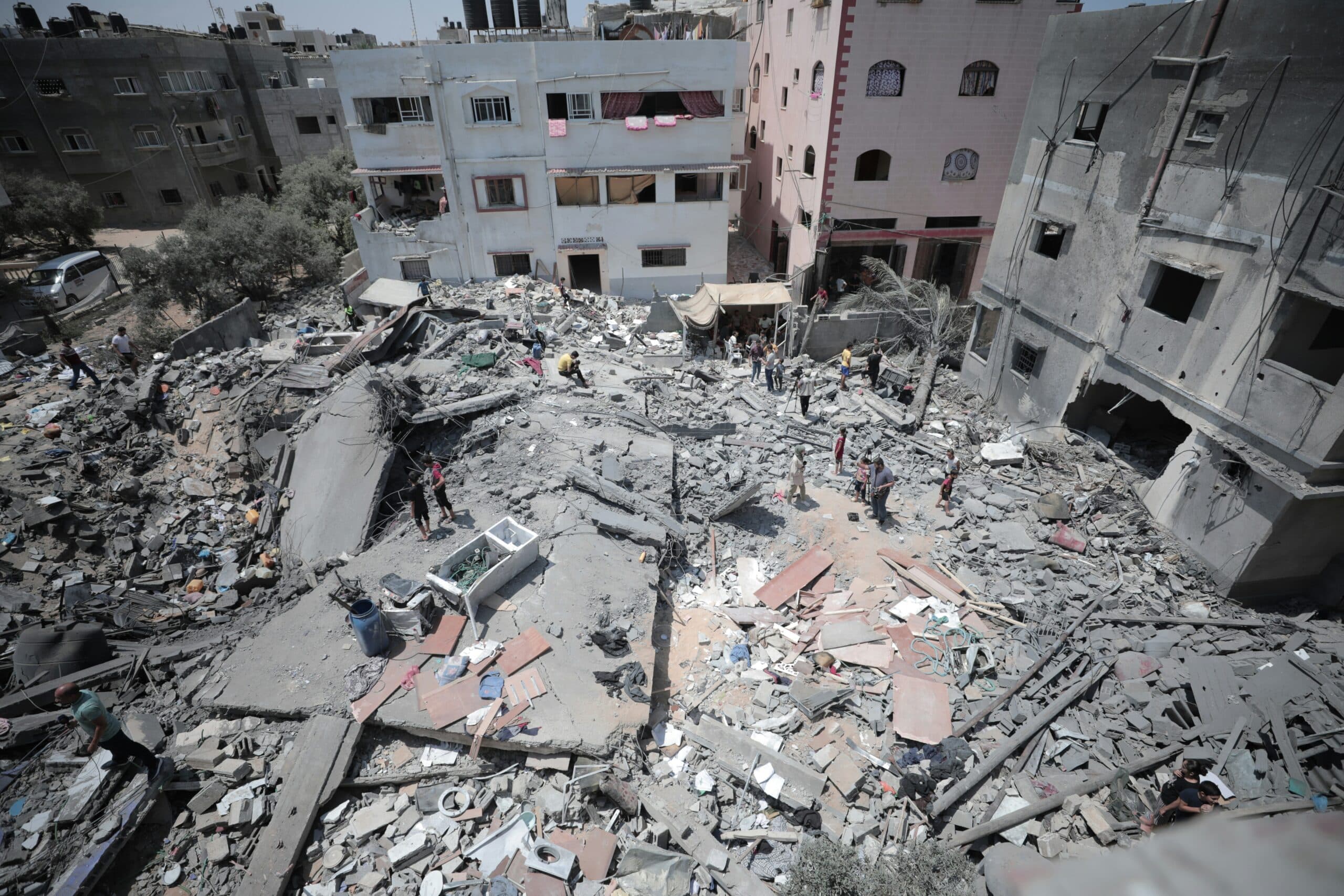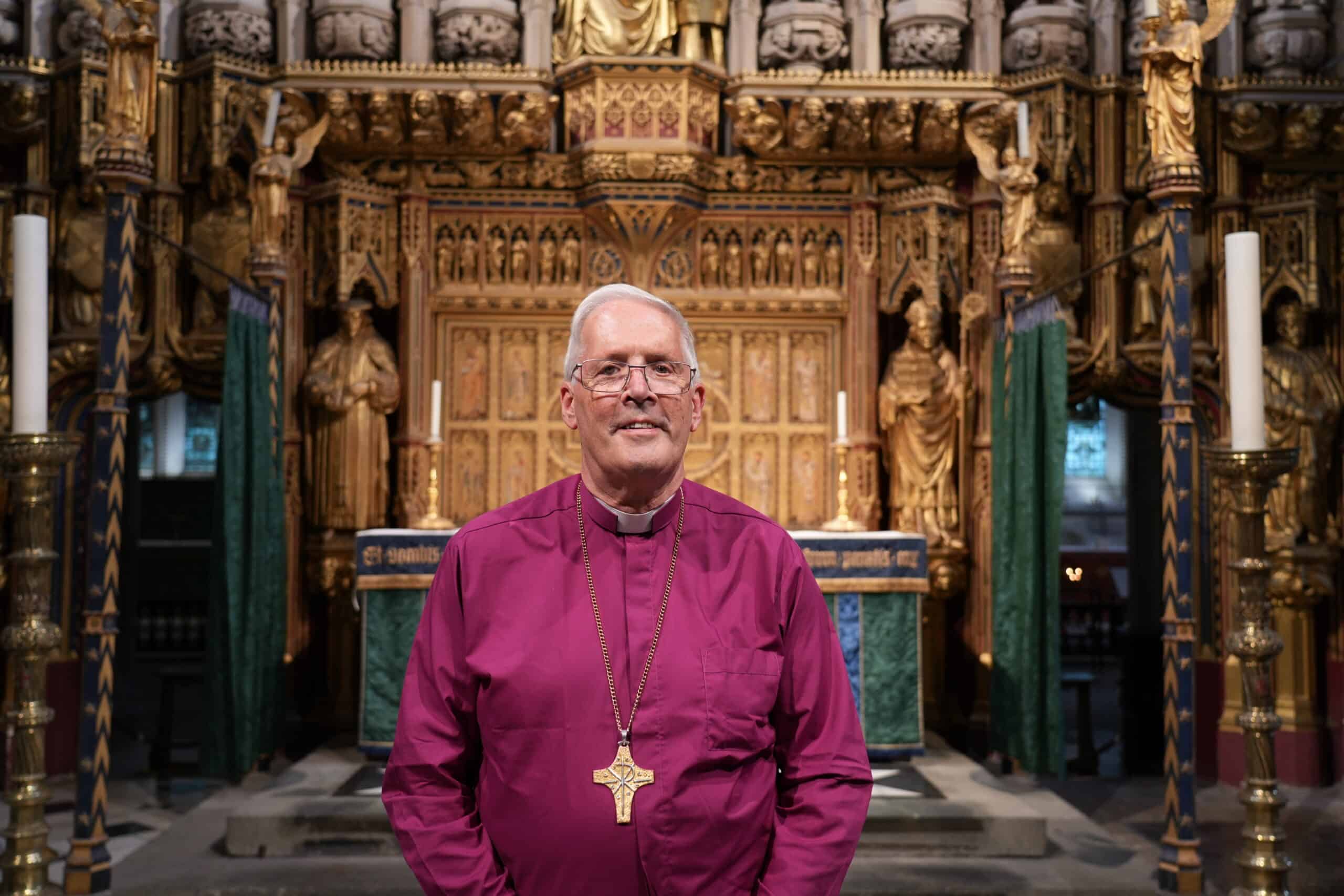
Every year, over a billion people in more than 190 countries come together to celebrate Earth Day – a global event dedicated to protecting our shared home. But how did it all begin?
Just over 50 years ago, environmental laws looked very different from today. In the US, there was no Clean Air Act, no Environmental Protection Agency, and no legal mechanisms to protect the environment. This left factories largely free to dump toxic waste into local habitats, putting ecosystems and people’s health at risk.
This all changed following a major oil spill in 1969 off the coast of Santa Barbara, California. The disaster sparked national outrage and inspired US Senator Gaylord Nelson, along with student activist Denis Hayes, to organise environmental teach-ins on college campuses.
With this, Earth Day was born. Over 20 million people participated in the first Earth Day, with rallies taking place across the country. Their voices contributed to the creation of the US Environmental Protection Agency (EPA) and a number of environmental laws being passed by the end of 1970. The movement united people across political lines and proved the power of collective action – a legacy that continues to this day.
The Church & Climate Justice – What is Our Role?
Throughout the Bible, we are called to seek justice for the poor and oppressed. Jesus lived a perfect life of justice and calls us to do the same. Yet, as humans we have often treated the world as if it belongs to us rather than Christ, and failed to recognise the impact of our actions on His world.
We need to recognise that the climate crisis is inherently a justice issue. The world’s poorest face the brunt of the impacts – including increasing storms, droughts, flooding, and sea level rise. Climate change is a ‘risk multiplier’ for issues of poverty, conflict, and forced migration. The effects also disproportionately impact those from global majority heritage backgrounds, both in the UK and across the world.
Climate justice therefore cannot be separated from social justice, or racial justice. They are deeply connected, and to call for one is to call for another.
The Church has an opportunity to lead. Our goal of reaching Net Zero emissions by 2030 is not just a bold step, but an act of love and justice for our brothers and sisters worldwide. As we seek to grow younger and more diverse as a church, we must also listen to the cries of the young to protect their home.
Simple Steps to Take Action this Earth Day
To take part, just head to the official Earth Day Website: Earth Day: The Official Site | EARTHDAY.ORG. Here you will find resources including quizzes, fact sheets, articles, and ways you can take part. You can sign petitions, pledge an action, spread awareness, or join a local event.
Actions can be simple. Why not calculate your personal carbon footprint using the WWF Footprint Calculator? Why not grow some of your own food, or wildlife friendly plants? Why not commit to turning your heating down by just 1°C next winter to save the amount of carbon you use? As a church, consider registering for the Eco Church Scheme and completing their survey to see how you can care for creation in different areas of church life (Eco Church – An A Rocha UK Project).
Action & Hope
It can be easy to feel overwhelmed by the scale of the climate crisis. But, let us not forget – the remedy for climate anxiety is action. Plus, there is progress! The UK is the first major economy to have halved its emissions since 1990 while growing its economy.
We don’t need to be experts to care for God’s creation. By choosing just one thing to do – whether it’s calculating your footprint, reducing energy use, or signing a petition – you are making a difference. Start with one step, then take another.
Most of all, let us remember that caring for creation is simply about intentionally choosing to worship God through our everyday actions.
Why not take the first step this Earth Day?




